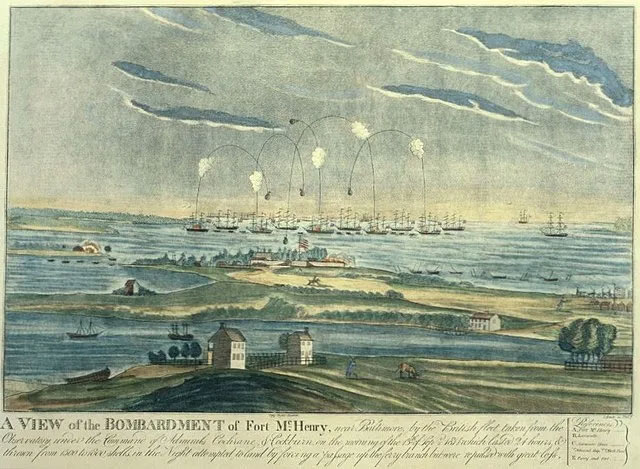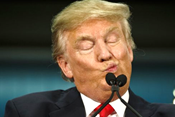Back Then and Today
America celebrated the 249th anniversary of our nation’s birth. As a means to express the creation of our democracy, rather than British colonial rule, fireworks are used to show our defiance of our allegiance to the king.
As I watched the fireworks from my home on the lake, I was surrounded by people setting off fireworks. However, many families that live on the lake have pontoon boats, and some enjoyed the fireworks while floating on the lake.
Whether on the shore or the lake, the fireworks provided everyone with a moment to remember the signing of the Declaration of Independence nearly two and a half centuries ago. The Preamble to the Declaration of Independence states, “We hold these truths to be self-evident, that all men are created equal, that they are endowed by their Creator with certain unalienable Rights, that among these are Life, Liberty and the pursuit of Happiness.”
While I am happy for the Declaration of Independence from George III and the thirteen British colonies, as I watched some pontoon boats pass by, I remembered another time when George III attempted to reseize control over America. The War of 1812 (1812-1815) was a conflict between the United States and Great Britain. However, looming over that conflict, the British and the French were engaged in the Napoleonic Wars (1799-1815).
The British had burned Washington, DC, and were harassing shipping along the East Coast with a blockade. The Americans attempted to stop the British from seizing Baltimore. The only thing that deterred them from taking the city was Fort McHenry.
Enter Francis Scott Key. Key was a noted lawyer in Washington and Baltimore. He took a ship to meet with the British Admiralty to secure the release of a doctor, a friend of his. He was successful in obtaining the release of his friend on September 13. Nevertheless, the British did not let them return to Baltimore due to their plan to attack Fort McHenry, which was scheduled to start on the morning of the 13th and continue into the next morning, the 14th.

This video made me think that my home was a part of Fort McHenry.
On the morning of the 14th, Key had watched the 25-hour bombardment of Fort McHenry as he watched the exchange of fire between the fort and the British navy. I felt like Key during the British bombardment.
After the smoke had disappeared, Key noticed that the flag was still flying over the fort. In response to not being able to enter Baltimore, the British navy gave up its attempt to blockade the East Coast.
Key recorded the events in the poem Defence of Fort M’Henry. His brother-in-law took the poem and set it to music, using The Anacreontic Song as the basis. The combined poem and music were published under the name The Star-Spangled Banner.
There are several details about George III. George I and George II were both born in Germany. George III was the first Hanoverian king to be born in England.

However, he suffered from what we would call bipolar disorder and was often called The Mad King. The episodes of psychological troubles started in 1788 and continued on and off until 1810, when his daughter died. Her death made things worse.
Beyond those problems, George III had to face the Napoleonic Wars and the War of 1812. Essentially, all the kings and queens since George I have been of German ancestry, either born in Germany or having German ancestry. Queen Victoria spoke English with a German accent. During WWI, George V changed the family name to the House of Windsor due to the English dislike of Germans during the war and the fear that Germany would claim the British throne.
That is the backstory. Our Orange President parallels King George III in that King Trump. Trump’s grandfather came to the States from Kallstadt, Germany, in 1885. He had problems with the Bavarian Department of Immigration. He couldn’t immigrate to the US because he was trying to avoid the military draft. Trump’s grandfather and father did want to be seen as Germans due to WWI. Basically, Trump’s grandfather lost his German citizenship due to being a draft dodger. Trump avoided the draft due to a bone spur.
Listen to Trump’s response to the No Kings demonstrations.
Trump said, “No, no, we’re not a king.” His use of the royal we is what the British monarchy uses, implying that the monarch and God are working together to rule Great Britain.
Every American knows the first part of the Declaration of Independence, “We hold these truths to be self-evident, that all men are created equal, that they are endowed by their Creator with certain unalienable Rights, that among these are Life, Liberty and the pursuit of Happiness.”
However, that single sentence is followed by the rest of the Declaration of Independence. Listen to its reading and think about the parallels to King Trump.












